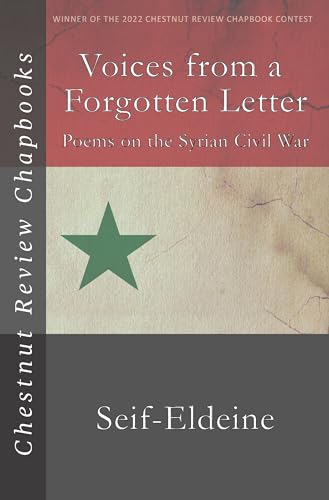Sir Thomas More (1478-1535) wrote Utopia in 1515. He coined the term "utopia", a pun meaning both "good place" and "no place."
Utopia is found on a voyage to the newly discovered Americas. The society is a communistic democracy as opposed to an aristocracy with communism confined to the ruling elite. More takes an emphasis on the philosophy of pleasure coming from Epicureanism. From the Stoics More gets the notions that mankind form a natural community and the assumed existence of natural law.
More's Utopia established the genre of philosophical utopias much the way in which Montaigne and Bacon established the essay as a philosophical form.
Sir Thomas More, was later canonized St. Thomas for his martyrdom, when he refused to sanction Henry VIII's divorce of Queen Catherine. More was imprisoned, tried and executed.


